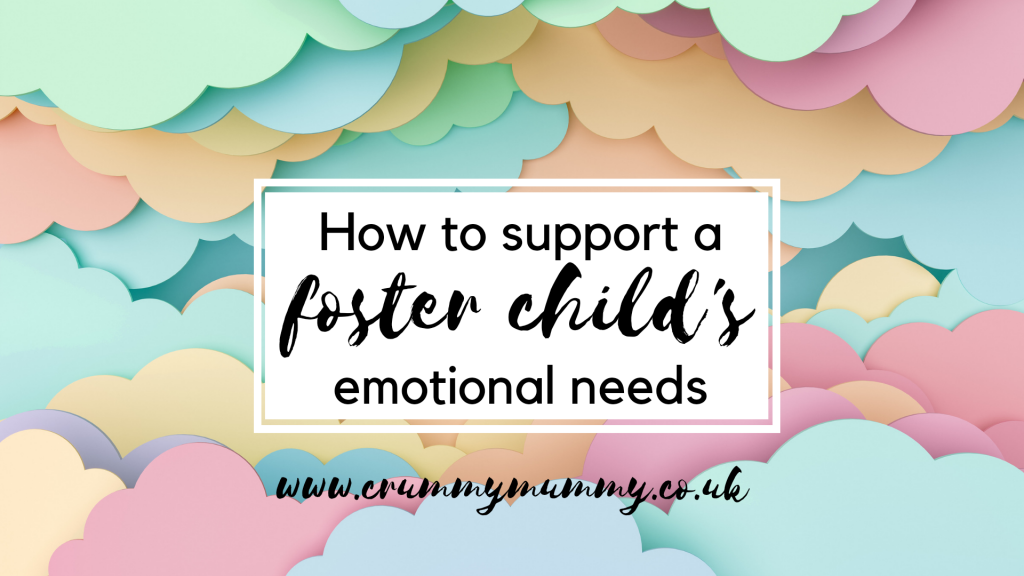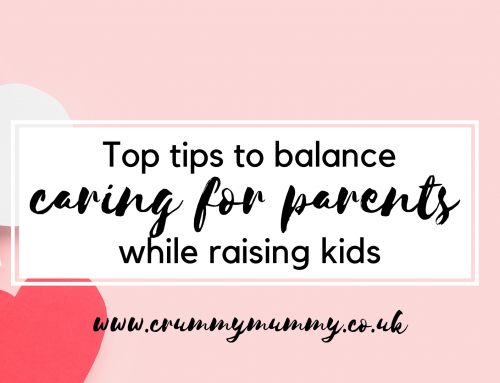Being a foster carer is a rewarding and fulfilling role that can make a significant positive impact on the lives of children.
As a foster carer, one of the most essential parts of the role involves understanding and addressing the unique emotional needs of the children in your care.

By providing a nurturing and supportive environment, you can help foster children thrive and develop into confident individuals.
In this collaborative post, we’ll explore some practical techniques that foster carers can implement to support the emotional wellbeing of the children they care for.
This post may contain affiliate links. This means if you buy something after clicking on a link, I’ll earn a few pennies to help me keep creating posts like this, at no extra cost to you!
How to support a foster child’s emotional needs
Many foster children come from difficult backgrounds and have experienced various traumas in their lives. It’s crucial for foster carers registered with fosteringpeople.co.uk to recognise and acknowledge the emotional challenges these children may face. By understanding their needs, foster carers can create a safe and supportive space for healing and growth.
Building trust & attachment
Building a strong and trusting relationship is vital for fostering a positive emotional environment. Foster children may have experienced disruptions in their previous relationships, making it challenging for them to trust others. By demonstrating consistency, empathy, and patience, foster carers can help foster children develop secure attachments and rebuild their trust in adults.

Active listening & communication
Effective communication is key to understanding and meeting the emotional needs of foster children. Active listening involves making sure that your foster child has your full attention, acknowledging how they feel, and validating their experiences. By creating a safe space for open and honest communication, foster carers can help foster children express their emotions and concerns, creating a sense of support and belonging.
Providing stability & routine
Stability and routine play an essential role when it comes to supporting the emotional wellbeing of foster children. Consistent daily routines and clear expectations help foster children feel secure and provide a sense of predictability in their lives. Foster carers can create a structured environment by establishing regular mealtimes, bedtimes, and engaging in activities that promote stability and routine.

Encouraging self-expression & creativity
Foster children may struggle with expressing their emotions due to past experiences or a lack of opportunities for self-expression. It can be helpful to encourage creativity through art, music, or other forms of self-expression, providing them with an outlet to explore and process their feelings. Foster carers can create a nurturing environment by providing access to musical instruments, art supplies, or the chance to engage in other activities that promote self-expression.
Collaborating with professionals
Working with professionals, such as social workers, child counsellors, and teachers, is crucial in supporting the emotional wellbeing of foster children. Foster carers should actively engage in regular communication with these professionals, sharing relevant information and seeking guidance when needed. By working together, foster carers and professionals can ensure that the child’s emotional needs are met effectively.
Foster carers have an essential role to play when it comes to supporting the emotional wellbeing of foster children. Understanding the child’s emotional needs and taking steps to support them helps to create a nurturing environment where children can recover from their past experiences and thrive.

This is a collaborative post.

























Leave A Comment